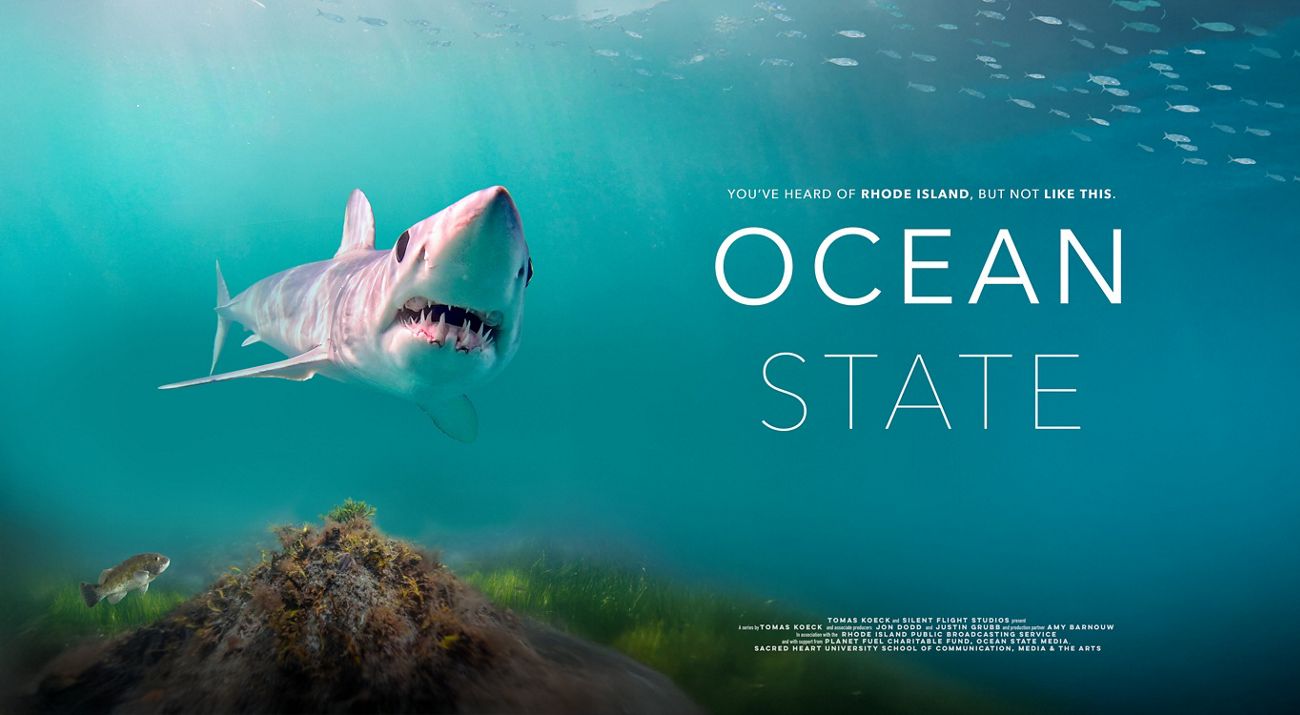
New PBS Docuseries Explores Rhode Island’s Marine Environment
Award-winning filmmaker Tomas Koeck encounters predators and prey in one of nature’s hotspots, off the Block Island coast.
Media Contacts
-
Tim Mooney
Marketing and Communications Director
The Nature Conservancy
Mobile: 401-529-1072
Email: tmooney@tnc.org
Ocean State Media and The Nature Conservancy (TNC) announced today that a four-part television series entitled Ocean State has started filming in the waters off Rhode Island, with a special focus on Block Island, an area known for its remarkable biodiversity. Produced by Silent Flight Studios (SFS), Ocean State will premiere this winter on Ocean State Media, PBS's Rhode Island affiliate, and appear in seasonal installments through 2027. It will also be available on the PBS streaming app.
The series is supported in part by Ocean State Media and the Planet Fuel Charitable Fund. TNC has signed onto the project as a conservation partner.


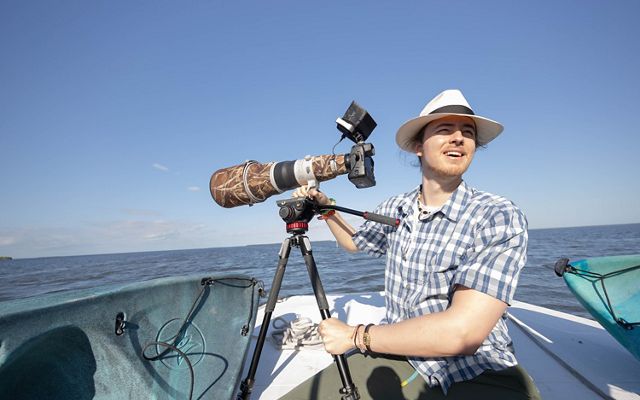
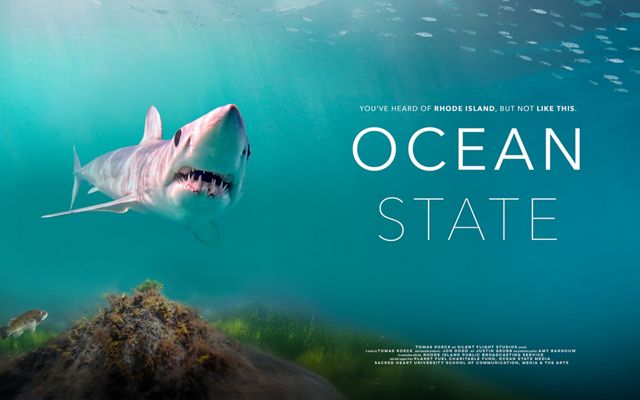
Quote: John Torgan
Ocean State offers viewers a rare opportunity to see Rhode Island’s natural treasures as few have before.
This groundbreaking documentary series will highlight the diverse and fragile ecosystems that make Rhode Island unique. Each episode of Ocean State will explore a different marine habitat, ranging from barrier beaches and tidal marshes to eelgrass meadows, rocky shores and offshore waters, revealing the wildlife and ecological relationships that define the Ocean State.
Quote: Tomas Koeck
We aim to produce a love letter to the Ocean State, showcasing its powerful conservation stories, irreplaceable habitats and incredible wildlife.
Following the episodic series, a feature-length film scheduled for 2027 will weave these narratives together into one comprehensive story, offering a sweeping view of Rhode Island’s position within a biodiversity corridor shaped by both cold northern and warm southern Atlantic currents.
“We aim to produce a love letter to the Ocean State, showcasing its powerful conservation stories, irreplaceable habitats and incredible wildlife,” said Tomas Koeck, director of SFS. “We’re starting with Block Island because the surrounding ocean has this incredible, unique assemblage of fish, marine mammals and seabirds. We want everyone to be able to share that experience.”


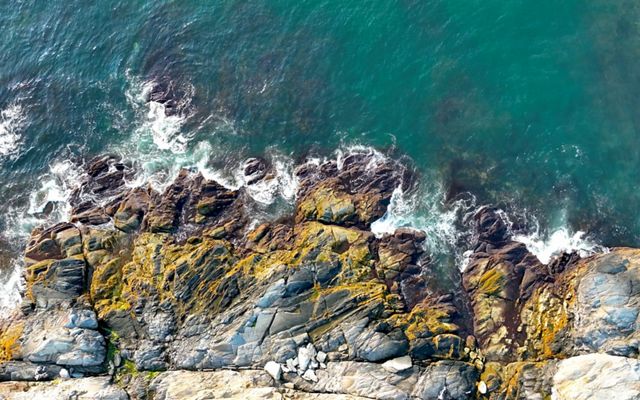
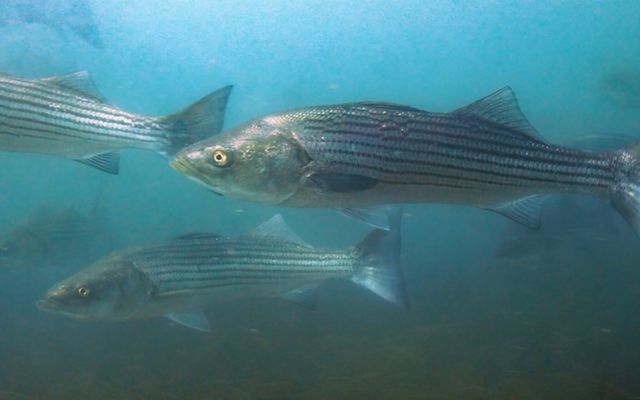
Earlier this year, Silent Flight Studios released the Ocean State pilot episode, Chasing Fins, which received enthusiastic feedback from audiences. The special, focusing on the lives and migrations of Rhode Island’s shark species and featuring the Atlantic Shark Institute, aired locally on Ocean State Media in August and is now available on PBS.org and its streaming platform.
Tomas Koeck is an award-winning filmmaker, journalist and expeditionist recognized by the Society of Professional Journalists for excellence in reporting and storytelling. Koeck has been on assignment for National Geographic, PBS Nature, Smithsonian Channel and the National Audubon Society, among others.
Supported by Canon USA and endorsed by the Connecticut Audubon Society as an ethical wildlife photographer, Koeck brings a unique blend of artistry, scientific curiosity and conservation focus to Ocean State. His vision ensures the series will both showcase Rhode Island’s marine beauty and communicate the urgency of protecting it.


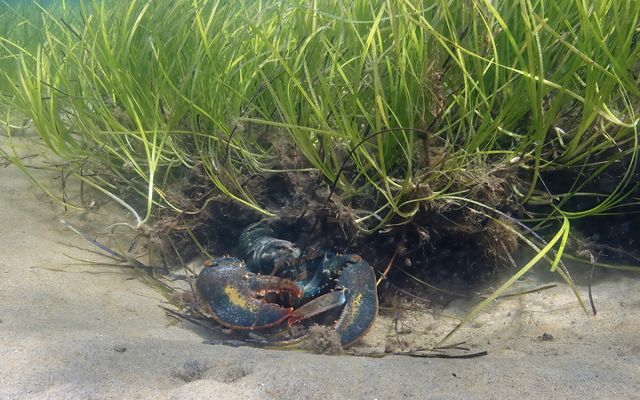
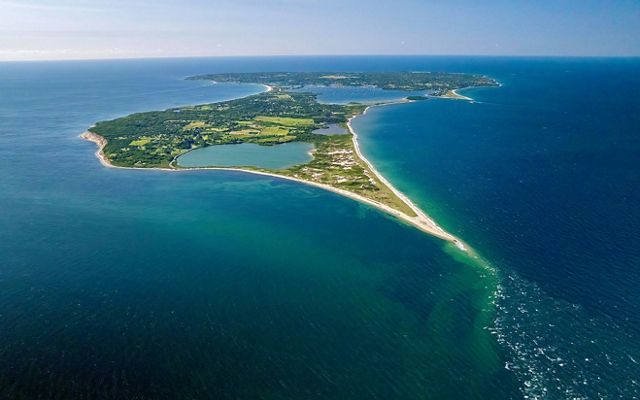
One of the largest ocean conservation groups in the world, TNC aims to conserve four billion hectares of ocean globally—more than 10% of the world’s ocean area—by 2030. In the Northeast, its goal is to conserve 15.9 million hectares of ocean and coastline along the Atlantic from the Chesapeake Bay to the Gulf of Maine. To achieve that goal, TNC is safeguarding and restoring habitat, strengthening coastal resilience, reducing risk for vulnerable communities and updating fisheries management.
“Ocean State offers viewers a rare opportunity to see Rhode Island’s natural treasures as few have before," said John Torgan, TNC’s Rhode Island state director. "TNC is proud to be a conservation partner on this series, which we hope will inspire more protection and restoration of nearshore ocean habitats for wildlife and people."
The series will also highlight the efforts of local environmental organizations, researchers, and communities who are working every day to safeguard Rhode Island’s shores, waters, and wildlife.
Learn more about the series at Silent Flight Studios’ Ocean State page.
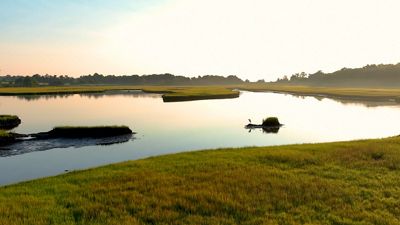
The Nature Conservancy is a global conservation organization dedicated to conserving the lands and waters on which all life depends. Guided by science, we create innovative, on-the-ground solutions to our world’s toughest challenges so that nature and people can thrive together. We are tackling climate change, conserving lands, waters and oceans at an unprecedented scale, providing food and water sustainably and helping make cities more resilient. The Nature Conservancy is working to make a lasting difference around the world in 83 countries and territories (39 by direct conservation impact and 44 through partners) through a collaborative approach that engages local communities, governments, the private sector, and other partners. For more news, visit our newsroom or follow The Nature Conservancy on LinkedIn.